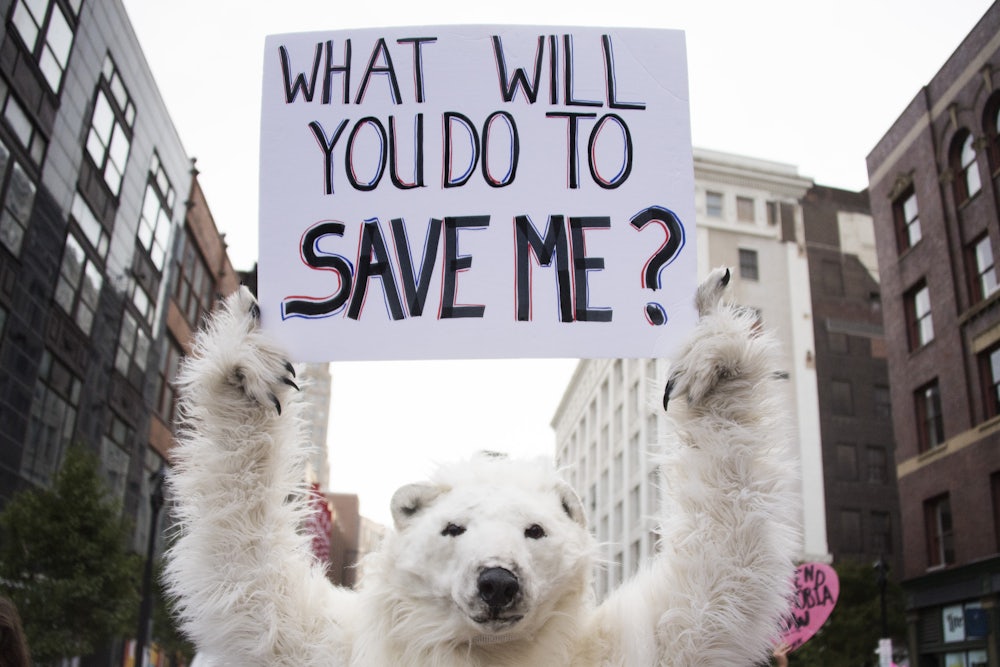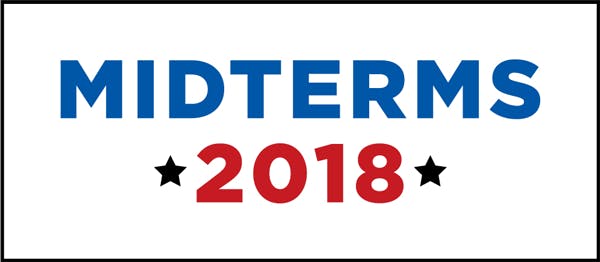The midterm elections next week could be the most consequential in modern U.S. history. But a staggering number of young people aren’t planning to vote in them. To figure out why, New York magazine interviewed 12 conscious non-voters ranging in age from 21 to 29 years old, and published the results on Tuesday. They were not well-received.
"Why should I vote for a party that doesn’t really do anything for me as a voter?"
— Kevin M. Kruse (@KevinMKruse) October 30, 2018
Well, why should a party do anything for you if you don't vote?
Do you think sitting it out is going to change things? They'll suddenly care about your issues because...?https://t.co/2eT4tM1vtz
Most of the voters’ explanations read like lazy excuses (or excuses for laziness). “I had a hectic schedule,” said Laura, 21, on why she didn’t register to vote. “I just didn’t have the time and energy.” Some said they didn’t know enough about political issues to feel confident casting a vote. Others said they weren’t sure how to register or vote in the first place.
"Honestly, if someone had the forms printed for me and was willing to deal with the post office, I’d be much more inclined to vote." God help us all. https://t.co/eVkI4QAziJ
— Tom & Lorenzo (@tomandlorenzo) October 30, 2018
The most disheartening response, however, was from Adam, a 25-year-old former Bernie Sanders volunteer who is registered to vote and knowledgable about politics. The issue, he said, is that mainstream Democrats aren’t “exciting.” And Adam doesn’t believe most Democratic Party politicians will make any difference in solving the problems he cares about—specifically, climate change.
“I look at it this way,” Adam said. “That report just came out the other day about global warming, talking about how we have 12 years, until 2030, for this radical change unlike the world has ever seen. And The Hill newspaper just put out that article about how the DNC does not plan on making climate change a big part of their platform, even still.”
“I just do not understand why I would vote for a party that doesn’t care about me in any way,” he added. “They can say, ‘Sure, we’ll lower student interest rates.’ Well, I don’t give a shit about student interest rates if I’m not going to live past 13 more years on this planet.”
Adam’s frustration is valid. As a whole, the Democratic Party has never treated climate change with the urgency it deserves. Its leaders have also given no indication that the party will work aggressively to solve the problem if voters elect Democratic majorities to both the House and Senate next week.
But Adam’s defeatism—his idea that humanity is doomed no matter which party controls the government—is based on a misunderstanding of the climate problem.
The report he cites does not actually say that everyone is going to die by the year 2030. It doesn’t even say humans have twelve years until the fight is over. It says humans have twelve years to implement changes that will limit global warming to 1.5 degrees Celsius. Warming of 1.5 Celsius is very bad, but it’s not as bad as 2 degrees or 3 degrees. And it’s nowhere near as deadly and catastrophic as warming of 4 or 5 degrees, which are plausible scenarios if we allow fossil fuel companies to continue spewing carbon dioxide in the atmosphere.
Many political issues are complicated. But on climate, the parties’ differences are relatively simple: The Republican Party’s political platform rests on allowing fossil fuel companies to continue emitting unchecked—even removing existing regulations—in perpetuity. The Democratic Party’s political platform does not. Their platform may not have a comprehensive plan to solve climate change, but it has emissions regulations and renewable energy investments. Most importantly, it acknowledges the reality of catastrophic global warming, and the need to reduce it and adapt to it.
Humans are no longer voting to preserve our current climate. We’re deciding whether, in 50 years, the situation will be apocalyptic or merely pretty bad. The former is guaranteed if Republicans remain in charge and continue to deny that humans cause climate change. The latter is still possible, with the right people in power. That may not be the “exciting” reason to vote that Adam is looking for. But it’s an incredibly high-stakes and meaningful one nonetheless.

